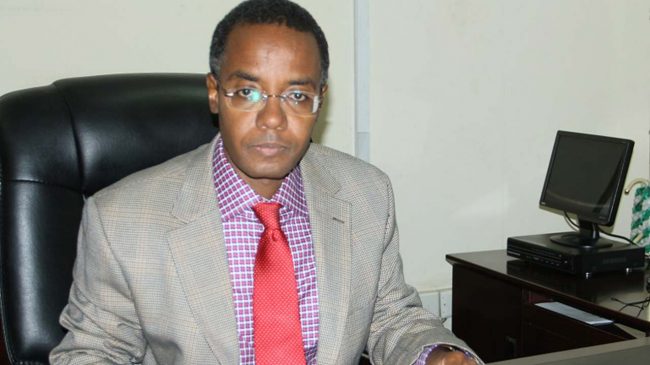Metro
VAL’S DAY: Avoid unsafe sex, FG tells Nigerians

The National Agency for the Control of AIDS (NACA) has admonished Nigerians especially the youth not to engage in unsafe sex during this year’s Valentine’s Day on Wednesday, February 14.
The Director General of NACA, Dr. Sani Aliyu, was quoted as saying this in a statement signed by the Public Relations Officer of the agency, Toyin Aderibigbe.
Aliyu asked Nigerians to “share love and not HIV.”
The statement read in part, “This period is particularly noted for young people expressing their love for one another. This could lead to impulsive decisions such as unprotected sex resulting in unplanned pregnancies and an increased risk of acquiring sexually transmitted infections including HIV/AIDS.
“The DG NACA urges Nigerians, especially the youths, to express love within the context of caring deeply for their loved ones and avoid risky behaviour that will make them vulnerable to HIV/AIDS and other STDs.”
Aliyu said couples should seize the opportunity to check their HIV status.
Read also: BENUE: Body of one of the two remaining missing policemen found without eyes, ears and nose
He said it was important that all Nigerians know their HIV status, as it marks the entry point to prevention, treatment and care of HIV/AIDS.
“A young person not tested may not have the opportunity to enjoy future Valentine’s Days if he or she is diagnosed late or presents with terminal complications related to HIV infection and AIDS,” he said.
The NACA boss revealed that at least 15 per cent of Nigerian youths lose their virginity before the age of 15.
He said about 4.2 per cent of persons between the ages of 15 and 24 have HIV.
Aliyu therefore called on youths who cannot abstain from sex to use protection at all times.
The statement added, “The DG noted that first sexual contact in Nigeria begins at less than 15 years for 15 per cent of Nigeria’s youth. This, coupled with the practice of having multiple sexual partners increases HIV vulnerability among the youth population alongside the very low HIV testing rates – only 17 per cent of young people know their HIV status.
“The DG states that new HIV infections are currently highest among young people aged 15-24 years. It is important to reduce this worrying trend among Nigerian youths by encouraging faithful relationships for those who cannot abstain from sex, and the use of barrier protection such as condoms, which prevent STDs including HIV and unwanted pregnancies.”
RipplesNigeria… without borders, without fears
Click here to join the Ripples Nigeria WhatsApp group for latest updates.
Join the conversation
Support Ripples Nigeria, hold up solutions journalism
Balanced, fearless journalism driven by data comes at huge financial costs.
As a media platform, we hold leadership accountable and will not trade the right to press freedom and free speech for a piece of cake.
If you like what we do, and are ready to uphold solutions journalism, kindly donate to the Ripples Nigeria cause.
Your support would help to ensure that citizens and institutions continue to have free access to credible and reliable information for societal development.






















